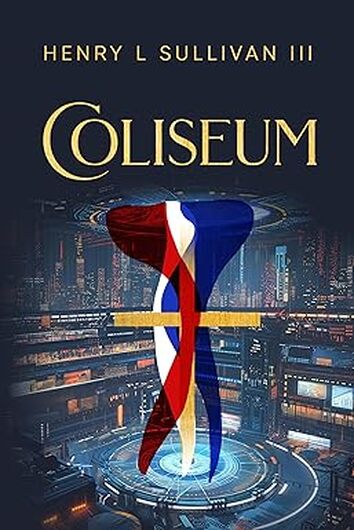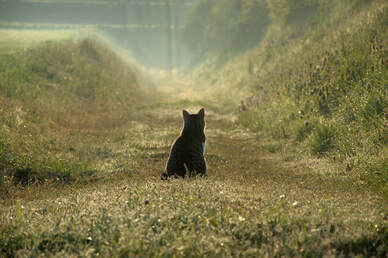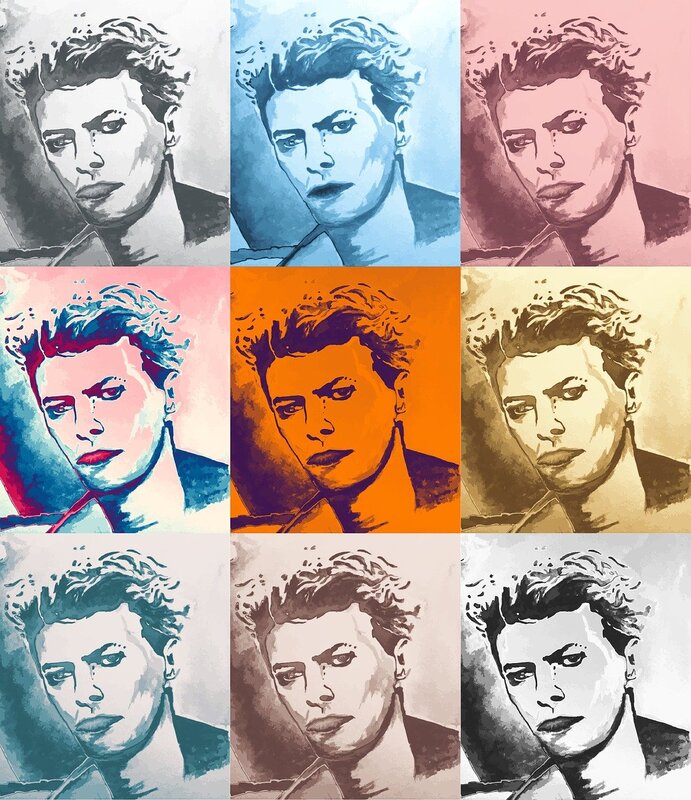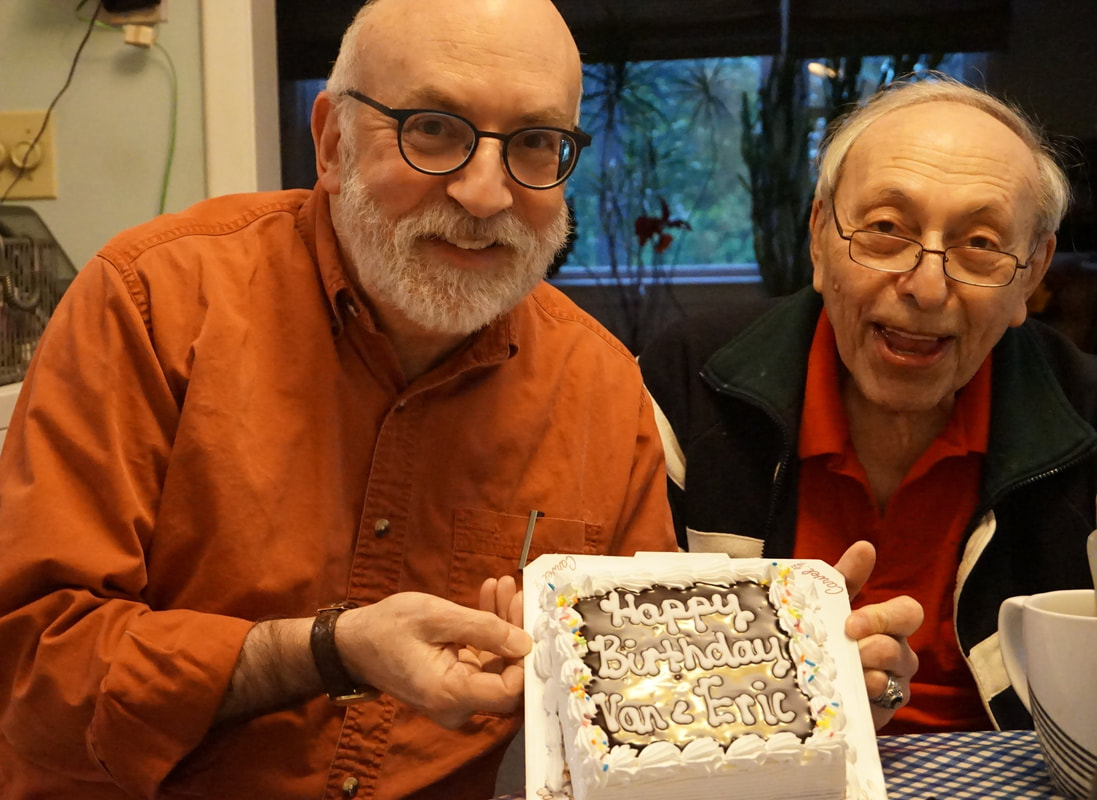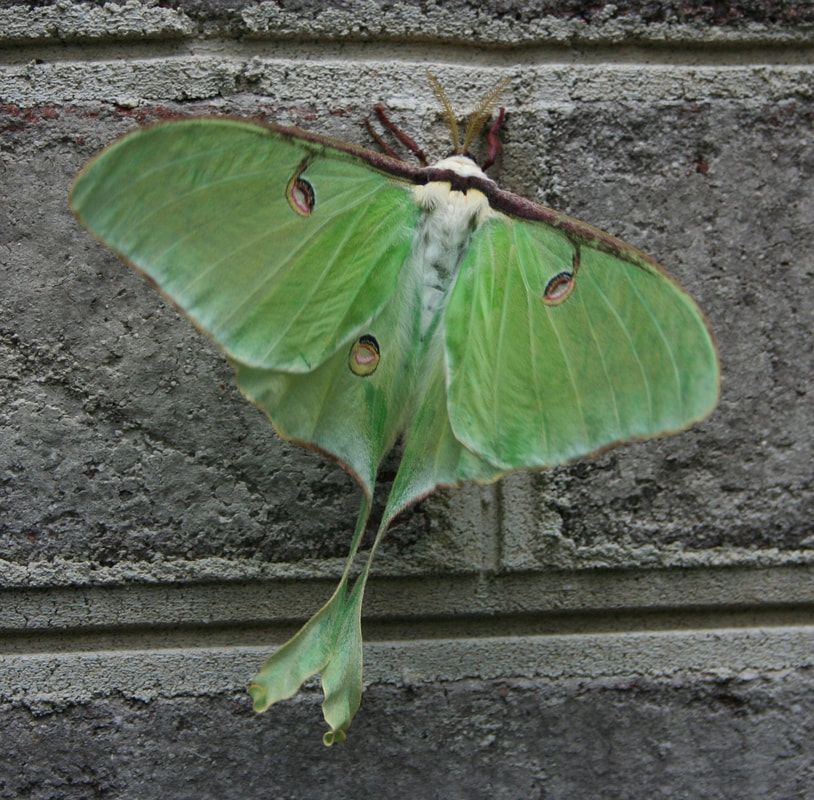ScribesMICRO
* Managing Editor: Edward Ahern *
* Associate Editor: Alison McBain *
* Special Features Editor: Matthew P.S. Salinas *
* Poetry Editor: Mary Keating *
* Featured Contributor: Huina Zheng *
Submission Editors:
* Sarah Anderson * P.C. Keeler * P.M. Ray *
* Ira Rosofsky * Felicia Strangeways * Amita Basu *
* Julie Cadman * Scott Bogart * Micah C. Brown *
* Associate Editor: Alison McBain *
* Special Features Editor: Matthew P.S. Salinas *
* Poetry Editor: Mary Keating *
* Featured Contributor: Huina Zheng *
Submission Editors:
* Sarah Anderson * P.C. Keeler * P.M. Ray *
* Ira Rosofsky * Felicia Strangeways * Amita Basu *
* Julie Cadman * Scott Bogart * Micah C. Brown *
Issue # 39
March 18, 2024
Featuring the short scribblings of:
* Patricia Ann Bowen * G. Lynn Brown *
* Emma Burnett * Marie Cloutier * Louis Fiset *
* Tom Gadd * David Henson * Porsche Faria James *
* Liam Kerry * Jim Latham * Philip Andrew Lisi *
* J.W. McCollum * Mari Mendoza * Beth Sherman *
* Noland Taylor * Van Wallach * Maria Warner *
* Karen Southall Watts * Tom Ziemer *
* Huina Zheng * Wesley Zurovec *
* Patricia Ann Bowen * G. Lynn Brown *
* Emma Burnett * Marie Cloutier * Louis Fiset *
* Tom Gadd * David Henson * Porsche Faria James *
* Liam Kerry * Jim Latham * Philip Andrew Lisi *
* J.W. McCollum * Mari Mendoza * Beth Sherman *
* Noland Taylor * Van Wallach * Maria Warner *
* Karen Southall Watts * Tom Ziemer *
* Huina Zheng * Wesley Zurovec *
Book Review
Coliseum
by Henry L Sullivan III
Reviewed by Alison McBain
|
About the Author: Henry L Sullivan III is an author, avid traveler, and independent consultant who specializes in insurance adjusting and survey research. As the author of several up-and-coming audiobooks, alongside his thriller novel Coliseum, Henry aims to entertain his readers with gritty and authentic stories that explore pressing, real-life challenges through the lens of near-future crime and speculative fiction. He draws on his passion for philosophy and social activism to write novels that challenge our beliefs and invite us to think deeply about topics including violence, entertainment, and the struggle between good and evil. |
If you’re looking for a near-future SF story that’s a wild ride, Coliseum by Henry L Sullivan III might be the right one for you. It’s chockful of USA politics and intrigue, backroom deals and billionaires, serial killers and Christian nationalists, racists and revolutionaries. It presents both the best and worst parts of what it might be like living in America in the near future, as well as exploring the social and political ramifications of the current trends people are experiencing currently in the USA.
The story starts out with a face-off between two groups of protestors in Michigan—those who support the “traditions” of the Civil War era and those who see modern-day America as, well… more modern. It quickly leaps to a parallel scene at the Coliseum Arena, located in Las Vegas, where two teams are facing off there as well. It’s a match fight between Kenny, who represents the Confederates, and Rachel, who represents the Americans. But there’s an added twist to this fight: Rachel also happens to be Kenny’s ex-wife and the mother of his son. Smilin’ Jack runs the whole show, and part of his smiling is due to the wads of cash that line his pockets from inventing the most lucrative entertainment around. But the fly in his billion-dollar ointment is the Archangel, a mass murderer who starts a killing spree across the country based on white supremacist and Christian nationalist rhetoric. The killer’s targets are large groups, such as at churches, and before long the FBI are trying to find the Archangel before he kills again. The search—and potentially the answers—goes all the way to high levels of government. This novel looks at current trends and political conflicts in the USA and supposes a logical conclusion: that companies would take the seething socio-political conflict currently bubbling in the United States and find a way to profit from it. It’s both a cynical and realistic take that feels as if such a thing could actually happen, while at the same time presenting some very cool tech trends that remind me of the feeling of the golden age of cyberpunk. Perhaps this would be classed as politech-punk because the premise for much of the near-future society is based on both politics and technology. The one critique I would have is the ending feels a bit fast; I wanted there to be more to the book. Perhaps there’s a sequel in the works. This is an intriguing and complex read that will keep you up at night. I’d highly recommend this to readers looking for a bit of escape—not necessarily to a bigger, brighter future, but to a place that seems utterly realistic and pretty damn terrifying. |
Fiction
|
The Time by Huina Zheng The time work made him miss her bedtime story, her favorite book left unopened. The time a client dinner ran late, and she fell asleep waiting, the book on her chest. The time they laughed over fairy tales, the pages crisp and new. The time he promised to be home early but got stuck in a meeting, her whispered goodnights to the characters in the book, alone. The time the stories unfolded in her own soft voice, imagining him there. Then came the time she no longer waited, her nights filled with her own stories, leaving behind only the quiet hush.
* * * Huina Zheng holds a M.A. in English Studies degree and serves as an Associate Editor for Bewildering Stories. Her stories were published in Baltimore Review, Variant Literature, Midway Journal, and elsewhere. Her fiction “Ghost Children” was nominated for a Pushcart Prize. She lives in Guangzhou, China with her husband and daughter.
Flashlight in the Fog by Patricia Ann Bowen “The fog comes on little cat feet,” according to Carl Sandburg. According to me, it comes as a wet blanket, tossed over my head when I’m lying on the grass, trying to see the stars. A little rainbow forms when I blow on the white air in front of my torch, halos circling around its beam. I inhale a cool bit of cloud, which I can do only because it’s enveloped me. I pretend I’ve levitated up into it instead of it sinking onto me, with no weight of its own. That aside, perhaps Sandburg was right because here comes Clio.
* * * Patricia Ann Bowen has published books, stories, and a serialized beach read. Her stories have appeared in anthologies and in numerous online publications. She’s taught short story writing, and she leads a critique group of short story writers for the Atlanta Writer’s Club.
After the Ice Storm by Beth Sherman The ground is cracked and shimmery, everything glazed with clear frost. Your hand braced in mine, our lips sting from the cold as we kiss. We can still speak on the phone, you say. Still play tennis or meet for coffee every other week, like friends do. You make it sound pleasant. Two people bobbing through placid afternoons like two balloons caught in the branch of the same tree. You smile as I press my knuckles against your mouth to stop time, water dribbling onto the snow, black ice underfoot, the moon doubled over, lighting our way.
* * * Beth Sherman’s stories have been published in Portland Review, Black Fox Literary Magazine, Blue Lyra Review, Tangled Locks Journal, 100 Word Story, Fictive Dream, Flash Boulevard, Sou’wester and elsewhere. She is also a Pushcart Prize, Best Small Fictions, and a multiple Best of the Net nominee.
A Hundred-Dollar Bill by Wesley Zurovec There’s a hundred-dollar bill in my catechism, still as crispy as it was on my seventh birthday. Gosh, it felt like a million bucks back then, enough to buy anything I wanted. But I saved it, there in my catechism, just in case things ever got bad someday.
Well, twenty-eight years later, all of a sudden, things have gotten bad. Really bad. A million-dollar bill wouldn’t even make a difference now. So, when my little nephew stops by later, I’m gonna give him the hundred and tell him to go buy himself something really nice. Enjoy it while you can, kid. * * * Wesley Zurovec is the author of The Cavern (1997). He lives in Austin, Texas where he devotes time to writing short prose and poetry, playing board games, and coaching youth sports.
Pandemic by Louis Fiset Our morning outings to the lake always begin at our favorite coffee house. But today, tabletops and chairs are stacked to the ceiling, restrooms closed. “Please, no cash, only credit cards.” Baristas outnumber customers. We take our lattes into the bright sunshine, cross an empty boulevard. We enter the gravel path by the shoreline; few walkers. It’s noticeably quiet. Songbirds, usually active this time of morning, have fallen silent. An invisible fog of disorientation fills the air. Routine is a Scrabble word whose tiles have tumbled to the ground. We’ll struggle to put the letters back into their right order.
* * * Louis Fiset spent a long career as a dentist researcher/educator, ranging from treating dental phobia to training Alaska Natives to provide routine care in their remote Alaska communities. He is currently at work on a manuscript of flash nonfiction focusing on his professional and personal life.
Gingerbread by J.W. McCollum The wishing well echoes back its answer: “Flour, nutmeg, butter, egg. Honey (to make him sweet). A dash of salt. Ginger, of course. Don’t start until the mead moon. Beat for three songs. Whisk for two. Make it your favorite song. Sing. Don’t whistle. Then shape, bake, wait.”
I carry him from the oven, steaming and sobbing. Everything smells like Christmas. I swaddle him in foil and blow. Tomorrow, I’ll give him licorice eyes and a sugar smile. I lay him in the fridge by the blackberries to cool. I won’t leave him on the windowsill like the last one. * * * J.W. McCollum is from East Texas and writes emails and other things.
Riddley Walker's Dogs by Jim Latham I’ve shot a lot of dogs. I’m not proud of it, mind you, but when the bombs fell and the EMPs pulsed, well, that changed a lot of things. Dogs not trusting humans anymore being a big one. They kept to their own kind. Packed up. Once they ate through the cattle and sheep, they got hungry. They knew better than to mess with the hogs, so they took after the humans. Fair enough. Everybody’s got to eat. Problem I’ve got is that I’m about out of bullets and the dogs ain’t even close to being out of hungry.
* * * Jim Latham (he/him) hikes volcanoes and lives out of two zebra-print suitcases. Stories in or forthcoming from Eunoia Review, Bright Flash Literary Review, The Drabble, Fiction on the Web, ScribesMICRO, and Olit. Stop by jimlatham.com for all the deets; read weekly flash fiction on Substack at Jim’s Shorts.
|
A Death on the Farm by Tom Gadd The ewe is dead and her eyes gape darkly. Hartley takes a hind leg to drag the corpse away and its head tilts up. The empty sockets turn to stare at him. He thinks, You can’t possibly be alive, and kneels to take a closer look as the sheep’s left eye bulges obscenely and a blood-soaked rat squirts out of the socket.
Later, after two showers, he tells his wife what happened, and she laughs. She covers her mouth and tries to stop but can’t, and in between gasps and giggles, she manages to say, “You can’t possibly be alive.” * * * Tom Gadd lives in Kanata, Canada (which sounds more like the beginning of a drumroll than a place name), where he writes fiction mainly for the “Draft Folder” market that resides on his computer’s desktop and in several USB sticks.
Exploration by Porsche Faria James The questionnaire was standard. What colony are you sanctioned to? Do you confirm you have zero symptoms? If a virus appears in your new location, will you accept the possible legal charges? The final question was unique to this questionnaire. Are you aware that you revoke all rights to this planet once you exit the atmosphere and can never return?
Space exploration was the natural step in our evolution. However, once new viruses started to return with travelers, this was the compromise. You could explore the stars, or you could be an earthling. My hand shook as I checked yes. * * * Porsche Faria James graduated with her Master’s in Creative Writing from the University of Denver with a focus on Fiction and Poetry.
Spritz and Sizzle by Maria Warner Squirming, I wished the plane would land. NOW. Ten seconds earlier, I had covered the man beside me in creamy ranch. Struggling to tear open my salad dressing packet, I grasped and ripped. The emulsion exploded. On his lap. He wiggled his eyebrows. “You spritzed me.” Thick yogurt with specks of herbs seeped into his wool pants. Flustered, I blurted, “You can squirt something on my leg to pay me back.” He buried his face behind his book. Recognizing my implication, I sizzled red. Trying to disappear, I turned away. Not before noticing the title of his novel, Uncomfortable Conversations.
* * * Maria Warner is a self-published author of her memoir, Family Camp ~ S’more Than a Vacation, sharing how her family retreated to the forest and built a community of values that supported her family after 9/11. She has since turned to flash and has been published in 101 Words, Last Girls Club, and in Wicked Shadow Press anthology, Christmas of the Dead: Yule Cat Codex. You may learn more about her at https://www.mariawarner.com/.
Special Delivery by Tom Ziemer The collection kit came, just like they said it would. “If you send ’em that, they can track you forever,” my dad warned. Like I cared. Where would I go? This was about something bigger than me. I processed my sample in my cramped bathroom, tried to avoid seeing myself in the mirror, my hands too dry to even enjoy it. Six weeks later, my product arrived. I opened the box, pulled out the wriggling contents, an assemblage of molecules now mine to mold, my contribution to our people’s dwindling hopes of survival. I couldn’t help but smile. “Hello, son.”
* * * Tom Ziemer is a writer who lives in Mount Horeb, Wisconsin (the self-proclaimed Troll Capital of the World) with his wife, Hannah, two sons, and two dogs. He is a former sportswriter for the Wisconsin State Journal and Wisconsin Soccer Central.
The Beautiful Same by Liam Kerry The fans missed having football controlled by billionaires instead of scientists. The competition was more exciting, and the rivalries seemed much more meaningful.
2028 saw the change, with the crowning of Christiano Ronaldo as the greatest player of all time. The advent of cloning technology, paired with Ronaldo’s status, resulted in eleven Christiano Ronaldos on every team. Each match would see them facing off against eleven more, with five spares waiting on each bench. As a result, games would always exceed twenty goals as the titan clashed against himself. One thing was painfully obvious—he made a terrible goalkeeper. * * * Liam Kerry is a 35-year-old thinking enthusiast with a bad memory—writing helps him recall his daydreams. An anthology of his micro fiction will be available later in 2024.
Hope's Alive by Emma Burnett “Hope’s alive.” A nurse’s voice drifts out into the corridor. “We saved her. But Verity and Sage didn’t make it.”
In a minute, I’m sure one of the nurses will come out of the overly-warm room and start scolding me, as though I had anything to do with the crazy scheme these octogenarians cooked up. Three old ladies who can barely walk or see or shit unassisted. They had their route out planned. Hoard pills. Order gin for delivery. Sneak into one bedroom one evening, and do the act together. My heart breaks for gran. Hope had planned to die. * * * Emma Burnett is a recovering academic. She’s big into cats, sports, and being introverted. You can find her @slashnburnett, @slashnburnett.bsky.social or emmaburnett.uk.
What a Sight by Noland Taylor Loud voices and music guided me towards the banquet hall. I heard Bowie singing "China Girl," where he stumbled in like a cow, which could have described me. I downed two martinis at the hotel bar and was now bumping into people heading to my first school reunion in forty years. I began nervously muttering about not recognizing anyone. Just then a familiar gentle voice whispered, “Oh, darling, just be quiet and relax.” It was Yuan, my high school sweetheart. Things hadn’t changed, as she took my cane and sat with me, describing what only someone with eyes can see.
* * * Noland Taylor is a budding author and ardent student of human nature. Holding a Master of Science degree, Noland aims to explore the often-unfathomable depths of the psyche. Noland has studied at over a half-dozen colleges and universities, including Penn State, Purdue, and The University of North Carolina Chapel Hill.
|
Creative Nonfiction
Gift
by Marie Cloutier
|
My father was at the door on Christmas day He smelled like Dunkies and outside. No one had invited him. My mother shrank at his extended arms, but he got a good solid hug from me. She glared towards a bag of gifts for her, her sister, her niece, and a separate bag for me. She smiled, thanked him, and when he was gone, she pushed it into the dark of the closet.
“You’re going to call him,” she said, “You’re going to tell him we’re not some big happy family.” Silver paper picked up Christmas tree lights. I won’t. * * * Marie Cloutier writes poetry and creative nonfiction just outside New York City. She is working on a memoir and is an avid quilter and beginner piano student. Her work has appeared in Haiku Universe, redrosethorns, ScribesMICRO and elsewhere. Her website is www.mariecloutier.com and you can find her on Instagram @bostonbibliophile2.
Shopping for Eric by Van Wallach In his last years, I enjoyed shopping for my partner Naomi’s ninety-five-year-old father, Eric. His requests for delivery during our Sunday brunches never varied: black-and-white cookies, farmer’s cheese, and cheese Danish. We three noshed and talked about how he escaped Dresden with his mother in June 1941 for New York, then returned to Europe as a teen GI. He was a great guy who savored life, especially when we watched the Yankees on TV. He died the day after Russia invaded Ukraine. I think of him whenever I’m at the supermarket and pass displays of what Eric liked.
* * * Van Wallach is a writer in Katonah, NY active in blogging and open-mic performances. He is a native of Mission, Texas and a graduate of Princeton University. Van’s also an avid photographer and language buff. He’s the author of a 2012 Memoir, A Kosher Dating Odyssey.
Forehead Wrinkle by Mari Mendoza A wrinkle wasn’t there, till suddenly it was. Smack between my eyebrows. I was kind of delighted by it—proof of my living. Looking in the mirror I think of my grandmother’s smoker’s wrinkle. My memories of her are a cavernous attic, empty but for one small box with well-thumbed photographs. I wish it could be a dusty, crowded room with boxes haphazardly stacked so I could get lost amidst the puzzle pieces, dolls, pinwheels, and vintage dresses. I want my grandmother to hold my face in her hand and say, “You look like me when I was young.”
* * * Mari Mendoza is a writer, editor, and creative writing coach. Her work has appeared in a number of publications including CommuterLit, Fiction on the Web, 50WordStories, WordCityLit, The Medium, Hello, Writer and Screamin Mama. Born in Guatemala and immigrating to Canada at the age of six, she has been writing ever since.
|
Poetry
|
Editor's Corner
|
A Siren Song by Micah C. Brown Ethereal and haunting, the song drifted on the air in gauzy threads. The man wiped tears from his eyes and stood up.
The woman on the beach was clothed only in translucent silks that hugged her curves invitingly. Her eyes gleamed with hunger as the man approached. “I’m sorry for interrupting,” the man said, sitting down on a sea-worn tree trunk. “My daughter used to sing before the cancer killed her, and your voice reminds me of her. Please, continue.” The woman tilted her head, the hunger vanishing from her eyes and once again began to sing. The man sat and listened as the tears stained his cheeks. In Two Minds by Amita Basu “I’ve wasted enough time living like this. Falling down, staying down, thinking what’s the point, picking myself up, stumbling through that no-man’s-land where I’m neither sick nor well. Now I’m buckling down. Doing everything I can to stay well.”
I press Send before I can soften the text with lies. I begin a to-do list. Lots to catch up on. Breathe! One thing a day. Beep. “That’s a good idea,” he replies. Then there’s a smiley face. Why did I text him of all people? Why didn’t he reply, “You’re perfect as you are”? He doesn’t know how hard it is. On my to-do list I write, “Stop craving Bro’s approval.” Stories We Forgot by Matthew P.S. Salinas Were all things we tried our best to forget. The times we failed miserably, were frightened, or couldn’t bring ourselves to face what we had done. There are so many of them and so few people who are willing to admit it.
Jacob was always an unhappy child. Every time childhood was brought up, Jacob had nothing to discuss. There was absolutely nothing Jacob could ever remember. He just remembered being unhappy. This was enough of a hint for him to understand at a subconscious level it was all a defense mechanism. The stories weren’t forgotten, just stricken from memory. |
Natter Chatter Cha-Ching by Edward Ahern Somewhere, perhaps Africa early on
we gave noises significance, and then, in a lurch from animal, combined noises into meanings. And then, filling our mouths, meshed meanings into thought, all from noises. Ideally we could share our thoughts by merely thinking them, but cannot, and gave symbols to sounds so we could see noises and preserve meaning beyond stillness. And those cartouches overtook sound, dominating the thoughts that birthed them. We live under the rule of words, clotted syllables that dictate meaning, live-bury instinct, and swarm emotion. And are so addicted to figural sounds that we memorize and repeat them. And we know nothing beyond the noise we hear and see and say. Published in Ed’s collection Sideways Glances The Last Cigarette by Scott Bogart He took one last drag in the darkness, high above the city lights, savoring the moment, before flicking the butt and watching it fall. A stiff breeze tousled his hair, causing his cancer-riddled body to sway. He gripped the railing. He’d quit years ago, but what good had it done? The bustling streets below were a noisy and glittering reminder of life’s indifference. He smiled at the thought then released his grip on the railing. As he fell back into bed, he pondered what lay ahead. Maybe it wouldn’t come tonight. After all, there was still one cigarette left in the pack.
Originally published in Issue #157 of Microfiction Monday Magazine. Culinary Pop Art by Mary Keating I’d paint death in muted colors--
pastels falling into a gray fog blurring smells of soggy noodles. Forgetting cheerful yellows-- daffodils against verdant greens, but not your last days steeped in lemonade. The world no longer brightened by the upward curve of your apple red mouth that devoured life like fresh popcorn. Turquoise and cerulean seas muddied now in your eyes once shimmering like butter melted over homemade bread. The crisp outline of our future together-- sure as oil paint smelling of linseed-- joined like Linzer tarts baking in the oven-- ripped apart and to be consumed alone, memories like crumbs swallowed by the brain’s swirling crevices. |
The Poets' Salon
|
If you're looking for more poetry, including a place to read your work, receive critiques, and explore poetic forms, check out The Poets' Salon. Two editors of ScribesMICRO, Edward Ahern and Alison McBain, run this free poetry workshop, and our poetry editor Mary Keating often drops in too.
Meetings take place on the second Saturday of every month from 10 a.m. to noon EST via Zoom. More info, including how to sign up for the poetry workshop, can be found on The Poets' Salon website or via Meetup. |

